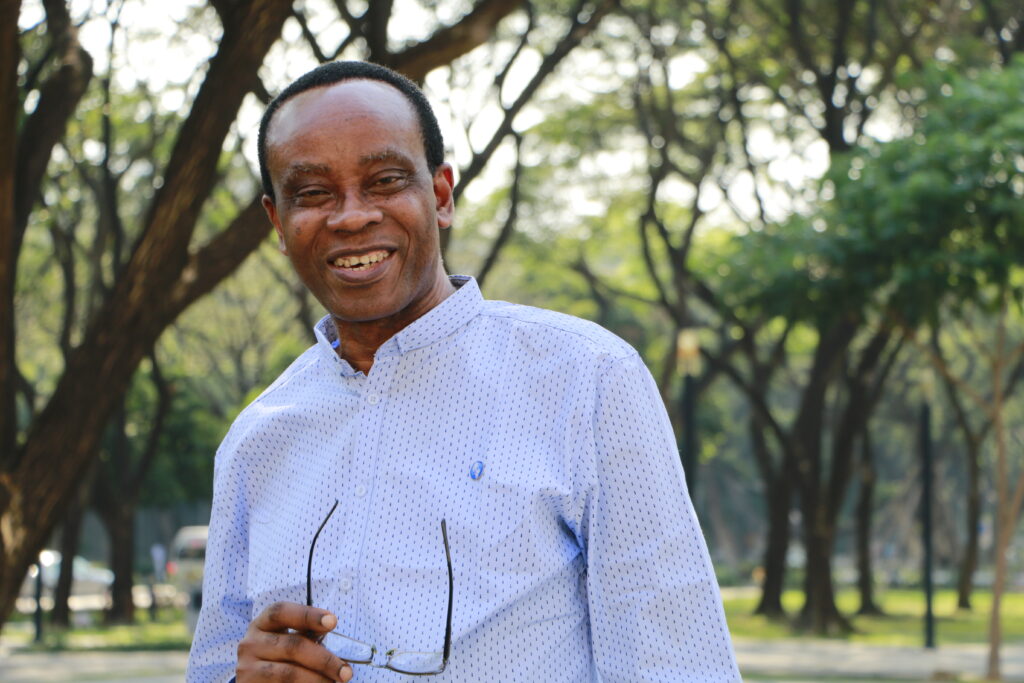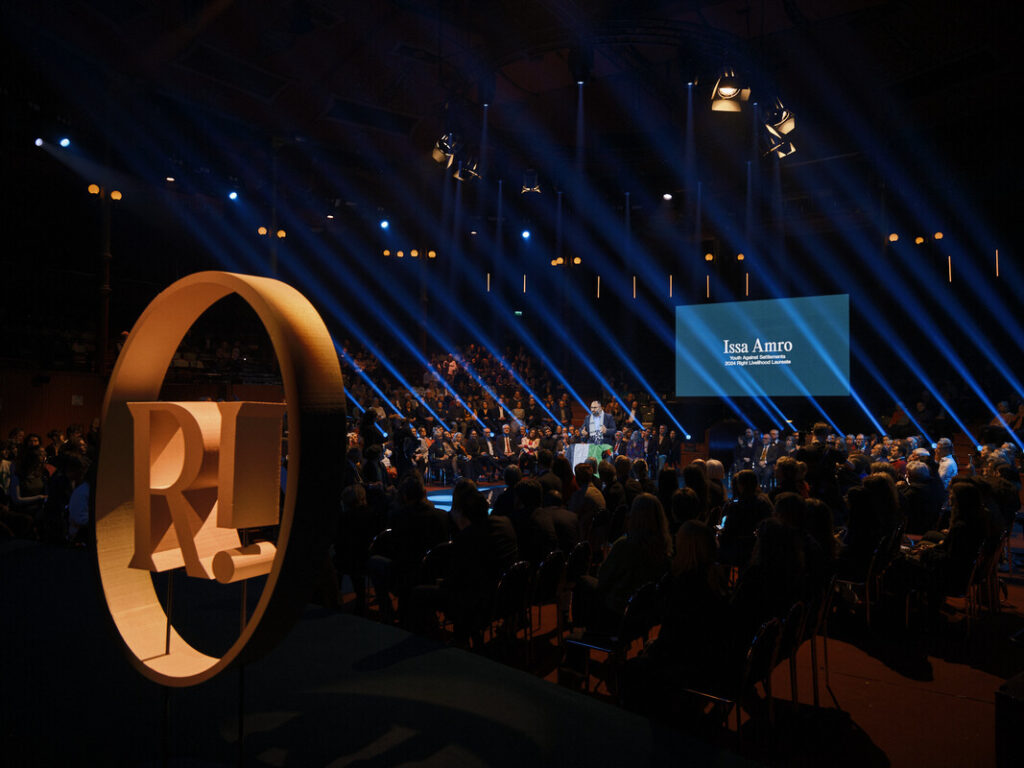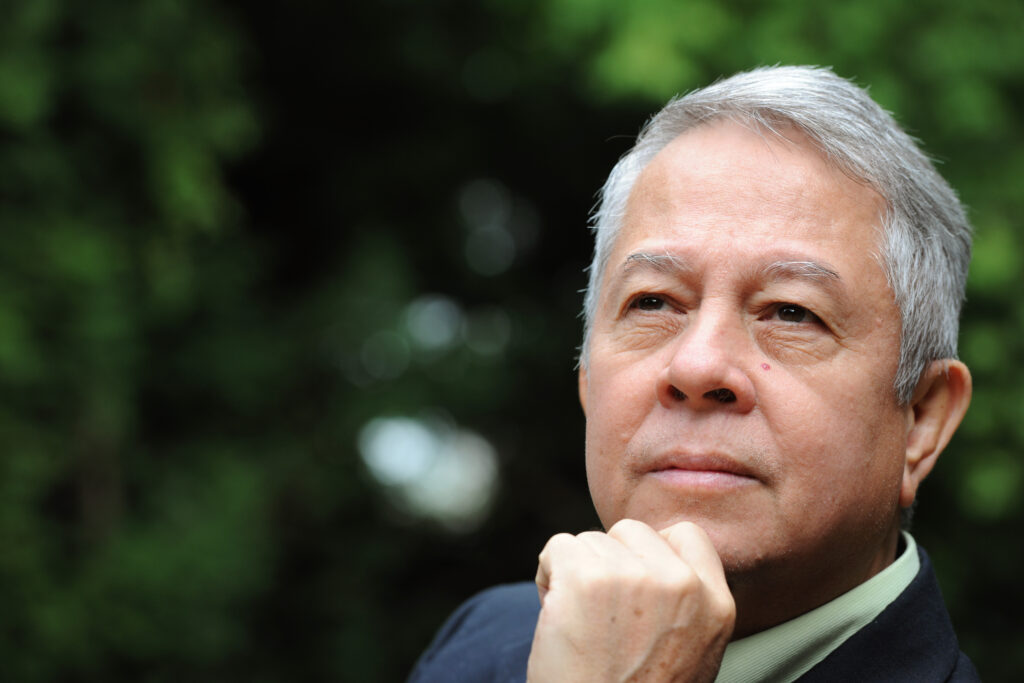By Jon Warmington-Lundström, Education Manager at Right Livelihood
The 5th World Congress on Justice with Children took place from 2-4th June, in Madrid. There were over 700 delegates from 160 countries attending in-person, a further 6,000 online participants and over 60 satellite events in countries such as Burkina Faso, Myanmar and El Salvador. Attendees included policymakers, judges, legal professionals, academics, civil society, and, importantly, a youth delegation.
Jointly organised by the Global Campus of Human Rights, the Congress was a significant activity in the collaboration between Right Livelihood and the Global Campus on advancing children’s rights, where deprivation of liberty is one of our core thematic focuses, alongside artificial intelligence and climate justice.
One of the key takeaway messages of the conference was the emphasis on deprivation of liberty only as a last resort. Included in the 1989 United Nations Convention on the Rights of the Child, this important position is still neglected by the vast majority of penal systems worldwide.
Another was ensuring that contact and the physical environment are child-appropriate, with most processing facilities not having specific considerations for minors, which contributes additional stress. Furthermore, the prevalence of preexisting neurodivergence, brain trauma or mental health conditions in youth offenders means that accommodations of such conditions should be factored in as a norm rather than an exception (on the rare occasions these conditions are currently identified or considered at all).
A third is the need for greater child participation in informing the establishment of policies and processes. The UN Convention on the Rights of the Child states that “the child who is capable of forming his or her own views the right to express those views freely in all matters affecting the child”. Much discussion was had on how important this element is with further discussion on how participation can be achieved in a safe space, without triggering further distress or trauma to those reliving their experiences.
The Congress itself was a strong demonstration of child participation with the establishment of a Youth Advisory Committee that enabled an international group of young people help shape the agenda of the Congress and actively moderated plenary discussions. Powerful personal experiences were offered by the young attendees, including testimonials on what it is like to live with autism in a world without accommodations and the way that female minors are treated when reporting sexual abuse.
The Global Campus of Human Rights contributed a workshop on the ‘Roadmap for Action 2025–2030 – Deprivation of Liberty’, building on the Global Study on Children Deprived of Liberty, supported by Right Livelihood, to advance its global implementation. Further contributions included hosting a plenary on ‘Digital Justice and Artificial Intelligence & Children’s Rights’ and contributing expert consultation to the Global Commission on Drug Policy on Children’s Rights and Drug Policy Reform. Each of these contributions, and wider support for the Justice with Children initiative, will ensure that child rights will continue to gain further visibility and advancement in the years to come.
Right Livelihood’s cooperation secures the necessary follow-up activities and provides the opportunity for our Laureate network to both contribute their own experiences but also learn new dimensions as we collectively work towards a better future for our children.



























































































































































































































































































































